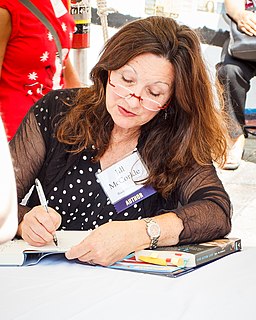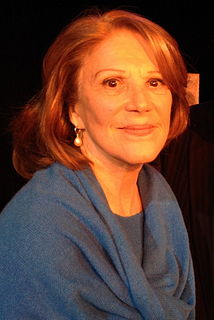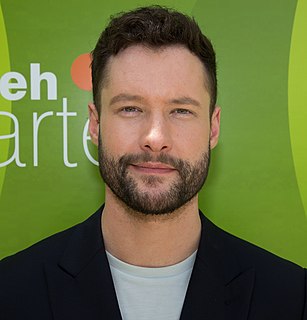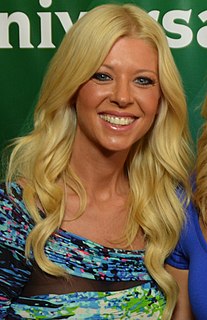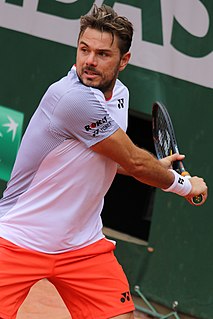A Quote by Lee Ranaldo
And for me, I think of the group as one in which there's always this pendulum swinging back and forth between writing shorter, more concise pieces until we get kind of sick of it and then writing pieces that get more sprawling and experimental and explore in different directions.
Related Quotes
A couple of pieces of advice for the kids who are serious about writing are: first of all, to read everything you can get your hands on so you can become familiar with different forms of writing: fiction, non-fiction, poetry, journalism. That's very important. And also keep a journal. Not so much, because it's good writing practice. Although it is, but more because it's a wonderful source of story starters.
I feel very protective in the first draft, when all the pieces are coming together. I work in a way that is not linear or chronological at all, even with the short story. I will just be writing bits and pieces, and then when I have all the pieces on the table, that for me is when it feels like the real work begins.
As you get drawn more and more into other activities, like political activities, very demanding, you have to find different rhythms of writing; I think that's the word I'm looking for, rhythms of creativity which then, of course, become very intense. I think your writing then tends to be very intensified simply because there are other demands which seem equally important.
It's insane to be a writer and not be a reader. When I'm writing I'm more likely to be reading four or five books at once, just in bits and pieces rather than subjecting myself to a really brilliant book and thinking, "Well what's the point of me writing anything?" I'm more likely to read a book through when I take a break from writing.
The difference when I'm writing a story versus writing a joke is that writing a joke is so much more about the structure and it's less about the conversation. To me, the thing that I love about stand-up is the intimacy between performer and audience.To get it even more conversational was something that really appealed to me and that I really enjoyed doing. My early experiments with it, with just telling a story from my life on stage, it was so satisfying to do. And seemingly for the audience as well. It's a different thing, and it's a different feeling and a different vibe.
In a sense, journalism can be both helpful and detrimental to a writer of fiction because the kind of writing you need to do as a journalist is so different. It has to be clear, unambiguous, concise, and as a writer often you are trying to do things that are more ambiguous. I find that writing fiction is often an antidote to reading and writing too much journalism.
I don't think that writing, real writing, has much to do with affirming belief--if anything it causes rifts and gaps in belief which make belief more complex and more textured, more real. Good writing unsettles, destroys both the author and the reader. From my perspective, there always has to be a tension between the writer and the monolithic elements of the culture, such as religion.




